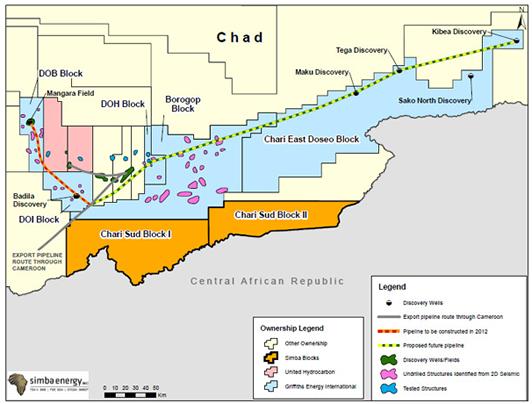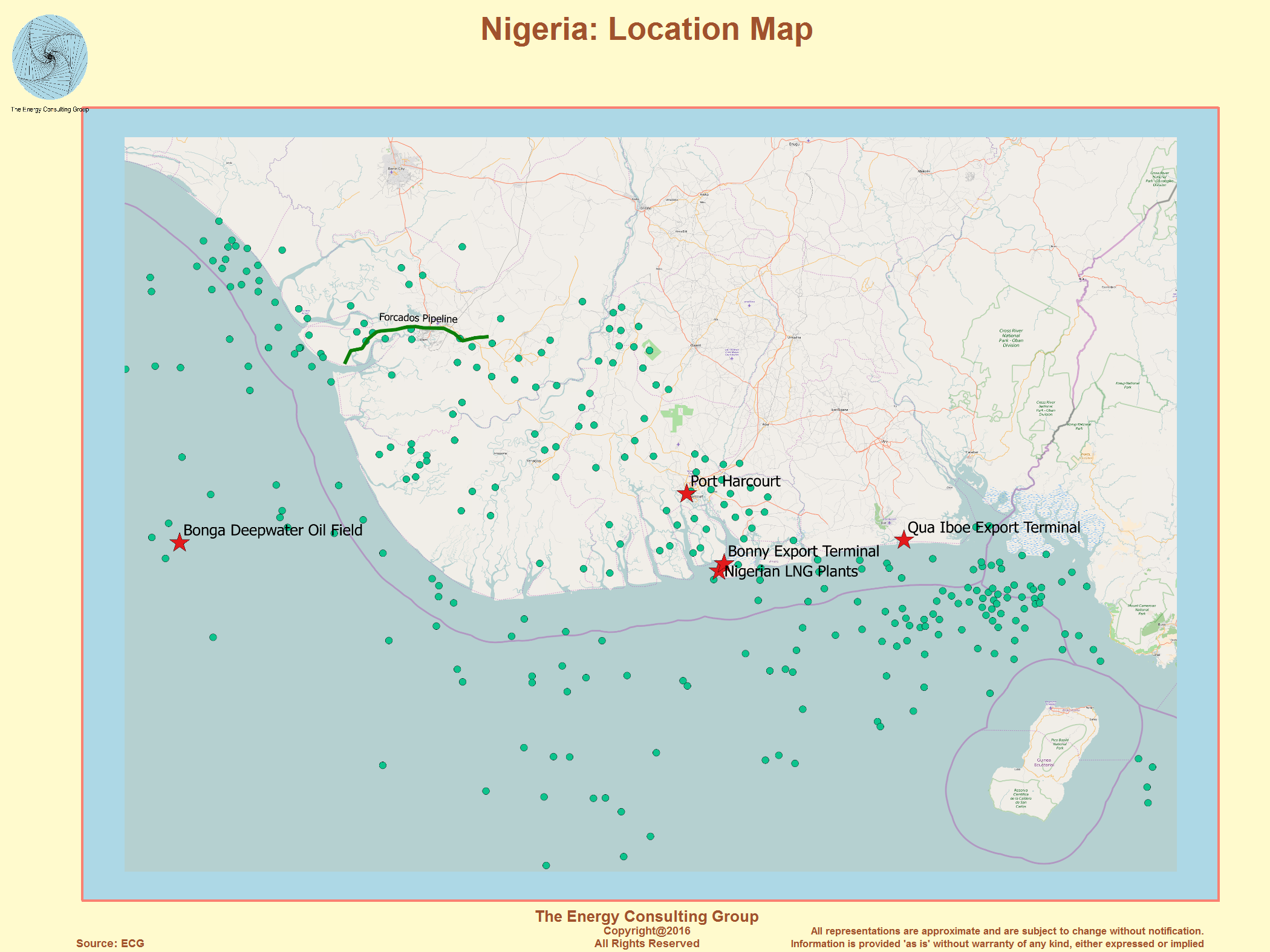Nigeria Oil And Gas Concessions Map And Licenses And Permits
Concessions & Leases; Revenue Accounts. Central Electronic Licensing and Permit System. Nigeria Oil & Gas Industry Annual Report. 2.1 The Background of the Brazilian Oil and Gas System 6. Nigerian National Petroleum. Either the grant Concession in the form of a license or a.

The in is the largest on the African continent. As of 2016, Nigeria's petroleum industry contributes about 9% to its economy. Therefore, though the petroleum sector is important, as government revenues and foreign exchange still heavily rely on this sector, it remains in fact a small part of the country's overall diversified economy. Crude oil from the delta basin comes in two types: light, and comparatively heavy – the lighter around 36 gravity and the heavier, 20–25 gravity. Both types are paraffinic and low in sulfur. Contents • • • • • • • • • • • • • • • • • • • • • • • • History of oil exploration [ ] The history of oil exploration in Nigeria dates back to 1907 when Nigerian Bitumen Corporation conducted exploratory work in the country; however, the firm left the country at the onset of World War I. Thereafter, licenses were given to and Whitehall Petroleum.

However, neither company found oil of commercial value and they returned their licenses in 1923. A new license covering 920,000 square kilometres (357,000 square miles) was given to a new firm called Shell D'arcy Petroleum Development Company of Nigeria. The new firm was a consortium of and (then known as ). The company began exploratory work in 1937. The consortium was granted license to explore oil all over the territory of Nigeria but in 1951 and then between 1955 and 1957, the acreage allotted to the company in the original license was reduced. Drilling activities started in 1951 and the first test well was drilled in area. Oil was discovered in non-commercial quantities at, near in 1953.
Prior to the Akata find, the company had spent around 6 million pounds in exploratory activities in the country. Shell-BP in the pursuit of commercially available petroleum found oil in, Nigeria in 1956. Other important oil wells discovered during the period were Afam and Bomu in territory.
Production of crude oil began in 1957 and in 1960, a total of 847,000 tonnes of crude oil was exported. Towards the end of the 1950s, non-British firms were granted license to explore for oil: in 1955, in 1960, and later in 1961, in 1962, and in 1962. Prior to the discovery of oil, Nigeria (like many other African countries) strongly relied on agricultural exports to other countries to supply their economy. Many Nigerians thought the developers were looking for.
But after nearly 50 years searching for oil in the country, Shell-BP discovered the oil at in the. The first oil field began production in 1958. After that, the economy of Nigeria should have seemingly have experienced a strong increase. Gray Matter Pc Ita Download Chrome Hoo Wintail 4 2 Crackers. on this page.
However, competition for the profits from oil created a great level of terror and conflict for those living in the region. Many citizens of Nigeria believe that they haven’t been able to see the economic benefits of oil companies in the state. Additionally, Nigerian government officials have remained majority shareholders in the profits created by the production of Nigerian oil, leading to government capturing of nearly all oil production, and citizens are not seeing socioeconomic benefits, and insist that oil companies should compensate people. Production and exploration [ ].
Satellite image of As of 2000, oil and gas exports accounted for more than 98% of and about 83% of federal government revenue, as well as generating more than 14% of its GDP. It also provides 95% of, and about 65% of government. Nigeria's proven oil reserves are estimated by the (EIA) at between 16 and 22 billion barrels (2.5 ×10 9 and 3.5 ×10 9 m 3), but other sources claim there could be as much as 35.3 billion barrels (5.61 ×10 9 m 3).